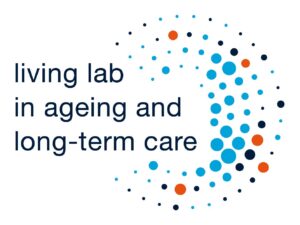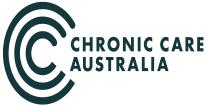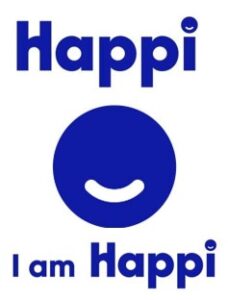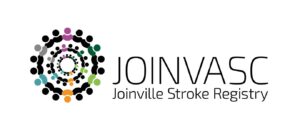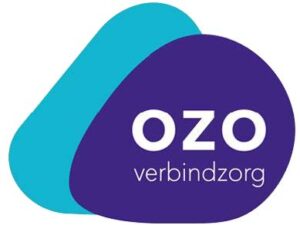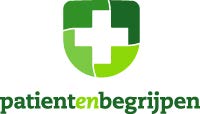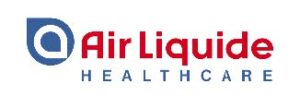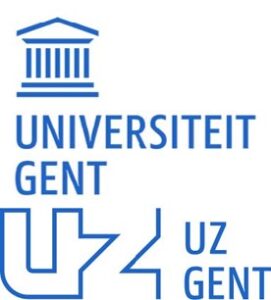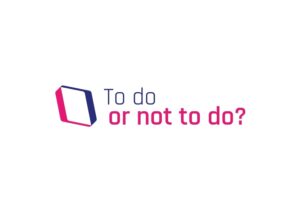(1)
Value-Based 360° Care. The Lower Extremity Integrated Practice Unit (MSK IPU) at the University of Texas at Austin, Dell Medical School (Dell Med) aims to provide high-value, team-based, ‘360 Whole Person Care’ for patient populations experiencing joint pain including the underserved and vulnerable. The initiative focuses on delivering condition-based management of joint pain under a bundled episode payment over the full cycle of care, while systematically improving patient outcomes and maintaining cost-effectiveness, thereby demonstrating superior value and ensuring patients get healthy and stay healthy. Read more
[/two_third_last]
(2)
COVID-ED to Home with Enhanced Monitoring. Cleveland Clinic COVID home monitoring program was developed with the goal of providing comprehensive support for patients with COVID, while maintaining access across the system for continued access to usual care. Through partnerships across IPUs and within our community, a system of patient notification and education, symptom monitoring, social and behavioural health needs assessments, advanced care planning, and on-demand virtual access to care was developed as a population health solution to a novel challenge facing our system. Read more
(3)
Creating Value in Nursing Homes. Using a balanced-centricity approach, the initiative aims to improve experienced quality of all stakeholders in nursing homes to increase the whole network’s value, leading to relationship-centered care in nursing homes. It consists of three components that are embedded in learning communities for staff, family and residents: strategic (learning climate), tactical (management role) and operational (learn in collaboration with all stakeholders). Read more
(4)
Exercise as Medicine. The use of exercise as medicine in the concurrent treatment, prevention and management of mental and physical chronic conditions in an endeavor to ultimately reduce the social, medical and fiscal burden of chronic mental and physical conditions within Australia. Read more
(5)
Happi Health Platform. Happi is a platform that provides patients with knowledge, ease and trust in dealing with their chronic disease by bundling everything needed for this in the all-in-1 “Health appi” Happi. Health outcomes are shown in easy smileys on a dashboard for patients and via a portal for healthcare providers. We believe that digital selfcare through knowledge and insights will result into behavioural change by patients themselves and thus into an improved quality of life. Read more
(6)
Joinvasc is a public comprehensive stroke care program in Joinville, Brazil aimed at improving stroke prevention and outcomes (including PROMs). Joinvasc is a model where a team (comprised of medical staff, multidisciplinary health professionals, managers, and a patient association) implemented the best practices for stroke care and performed long-term data monitoring, achieving a substantial value improvement for patients and families in the whole stroke care pathway. Read more
(7)
OZOverbindzorg forms a network of care providers around the client. Within that network, everyone can ask specific questions, provide answers and send signals. This provides a clear overview of care, welfare and all parties involved. Everyone knows the status of your care and knows what the next step should be. This form of cooperation gives peace of mind and gives you control over your own life. Read more
(8)
Patiëntenbegrijpen. Giving patients and relatives access to information and instruction video’s empowers them to have good conversation with caretakers. This leads to real shared decision making and saves time. Read more
(9)
PIMA. The Individualized Adherence Improvement Plan (Spanish acronym: PIMA) is a PROACTIVE plan aimed at self-caring, responsibility and improvement of patients’ quality of life. PIMA’s objectives are to improve adherence to treatment and compliance for Obstructive Sleep Apnea, improve quality of life, improve care activity and promote sustainability of health system. Read more
(10)
PsoPlus. Achieving an implementation of the entire VBHC framework for the treatment of psoriasis. The aim is to develop an integrated practice unit supported by a data capturing system, as well as reporting patient relevant outcomes and measuring costs over the whole care cycle. Read more
(11)
To do or not to do? is a national program that aims to increase the awareness of Dutch healthcare professionals and patients that some care provides no benefit for patients. We support healthcare professionals and patients in reducing low-value care and thereby increasing patient value. Read more
(12)
VBHC for a Rare Disease. In a setting of a care path for a rare complex disease, the aim is to achieve the best possible doctor reported ánd patient reported outcomes, while improving the shared decision-making process and containing costs by adopting VBHC principles. Read more


